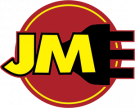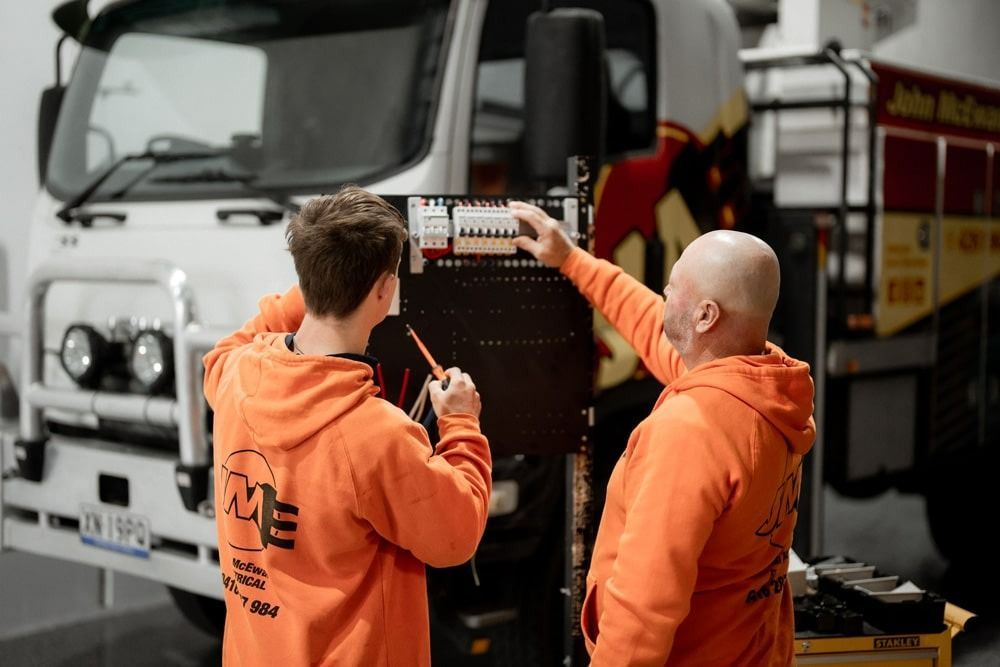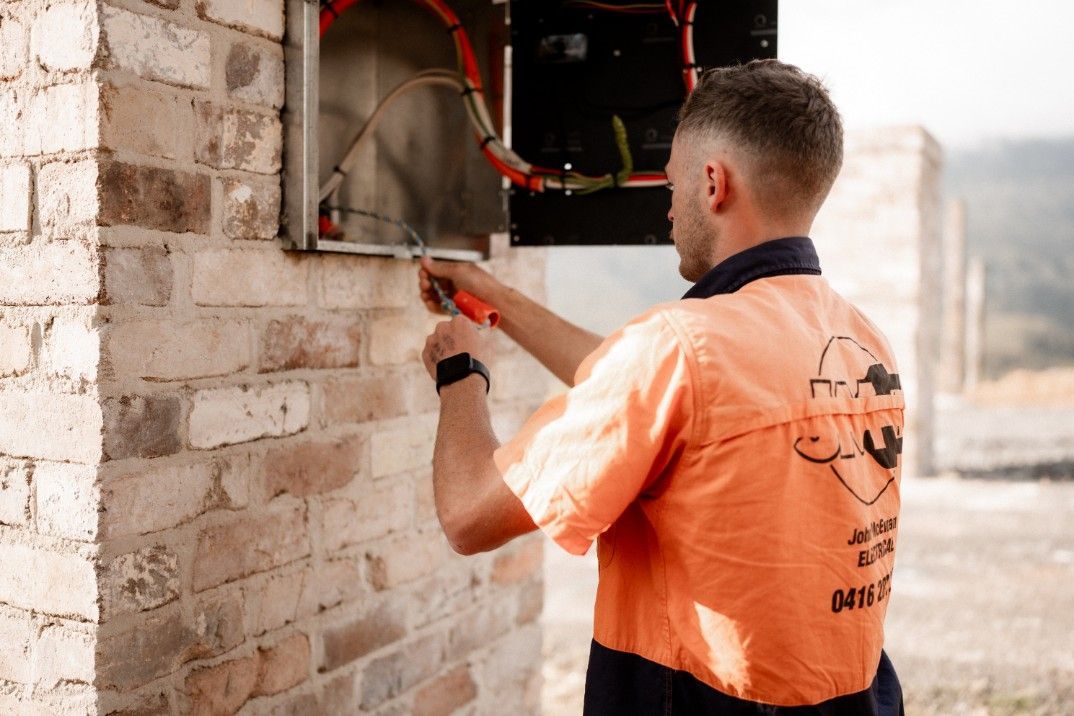Which Fire Extinguisher Is Ideal For Electrical Fires?
Have you ever found yourself staring at a sparking plug socket, frozen with uncertainty and unsure how to address the immediate danger safely? In moments like these, the right type of fire extinguisher can be your best ally. Understanding which fire extinguisher is suited for an electrical fire is about ensuring peace of mind in your home or workplace. In this blog, we will explore the ideal fire extinguishers for electrical fires, helping you make an informed decision for your safety needs.
Understanding Fire Extinguishers: Types And Uses
Before diving into the specifics, it’s important to understand the various types of fire extinguishers available. Fire extinguishers are classified by the types of fires designed to combat. These classifications are typically indicated on the extinguisher’s label as Class A, B, C, D and K.
- Class A extinguishers are meant for ordinary combustibles such as wood, paper and cloth.
- Class B extinguishers are used on flammable liquids like grease, gasoline and oil-based paints.
- Class C extinguishers are suitable for electrical fires involving live electrical equipment.
- Class D extinguishers are designed for flammable metals.
- Class K extinguishers are best for cooking fires involving oils and fats.
For this discussion, we focus on Class C extinguishers, which are ideal for tackling fires in electrical appliances, tools and other energised electrical equipment without the risk of electrocution.
Why Class C Fire Extinguishers?
Class C fire extinguishers are filled with non-conductive substances. Unlike water-based solutions, which can enhance the risk of electrocution, these extinguishers use chemicals that safely smother an electrical fire. The most common agents found in Class C extinguishers are carbon dioxide (CO2) and dry chemical extinguishers that use monoammonium phosphate or sodium bicarbonate.
Carbon Dioxide (CO2) Extinguishers
CO2 extinguishers are highly effective for electrical fires as they leave no residue and they are ideal for environments with lots of electrical equipment, like server rooms or kitchens with electrical appliances. The CO2 displaces oxygen and smothers the fire, effectively extinguishing it without damaging sensitive electronic equipment.
Dry Chemical Extinguishers
Dry chemical extinguishers are versatile and can be used on Class A, B and C fires, making them a common choice for many businesses and homes. These extinguishers discharge a fine powder that forms a barrier between the fuel and the source of oxygen, extinguishing the fire.
Choosing The Right Extinguisher For Your Needs
Selecting the right fire extinguisher involves more than just picking any Class C model. Here are a few tips to guide your choice:
- Assess Your Environment: Consider the type of electrical equipment and the setup of your space. In areas with highly sensitive equipment, a CO2 extinguisher might be more appropriate to avoid damage from the powdery residue of dry chemical extinguishers.
- Size and Weight: Ensure the extinguisher is manageable to handle and operate. Especially in a panic situation, handling a bulky extinguisher can be challenging.
- Maintenance and Inspection: Regularly check the extinguisher’s pressure gauge to ensure it is charged and ready for use. Professional annual inspections are also crucial to maintain operational integrity.
Installation And Training
Proper installation and training are crucial for the effectiveness of fire extinguishers in emergencies. They should be easily accessible, especially in high-risk areas like kitchens and electrical rooms, with clear signage indicating their location. Everyone on the premises should be trained in their use, focusing on the PASS (Pull, Aim, Squeeze, Sweep) method to ensure quick and efficient action during a fire.
Regular maintenance checks are also vital to ensure extinguishers are in good working order and have not expired. In electrical equipment cases, it is advisable to consult a professional electrician to manage and mitigate any electrical hazards safely. This comprehensive approach enhances safety and preparedness in any setting.
Safety Tips: Using Fire Extinguishers On Electrical Fires
When using fire extinguishers on electrical fires, it’s essential to proceed with caution and follow safety protocols to prevent further hazards:
- Cut the Power: Always turn off the power source before using an extinguisher to reduce the risk of electrocution.
- Select the Correct Extinguisher: Use Class C or suitable multi-class extinguishers for electrical fires.
- Use from a Safe Distance: Start using the extinguisher from a safe distance to avoid the risk of electrical shock and gradually move closer as the fire diminishes.
- Aim at the Base of the Fire: Direct the extinguishing agent at the base of the fire, not the flames, to effectively cut off the fire’s fuel source.
- Consult an Expert: After addressing the fire, hire an expert to re-check your home’s electrical systems and repair any damage caused by the fire.
Secure Your Home: Contact Your Local Residential Electrician Today
While choosing the right fire extinguisher is crucial, understanding how to use it effectively and maintaining it is equally important. At John McEwan Electrical , we understand the nuances of electrical safety in residential and commercial settings. Whether you need a routine check to ensure your fire extinguishers are operational or require expert electrical services after an incident, our team is here to help. Our services cover a wide range from electrical installations, repairs and maintenance to expert safety assessments and emergency responses. If you’re looking for an electrician in Dapto who can ensure your electrical systems are up to code and functioning safely, contact us today.







